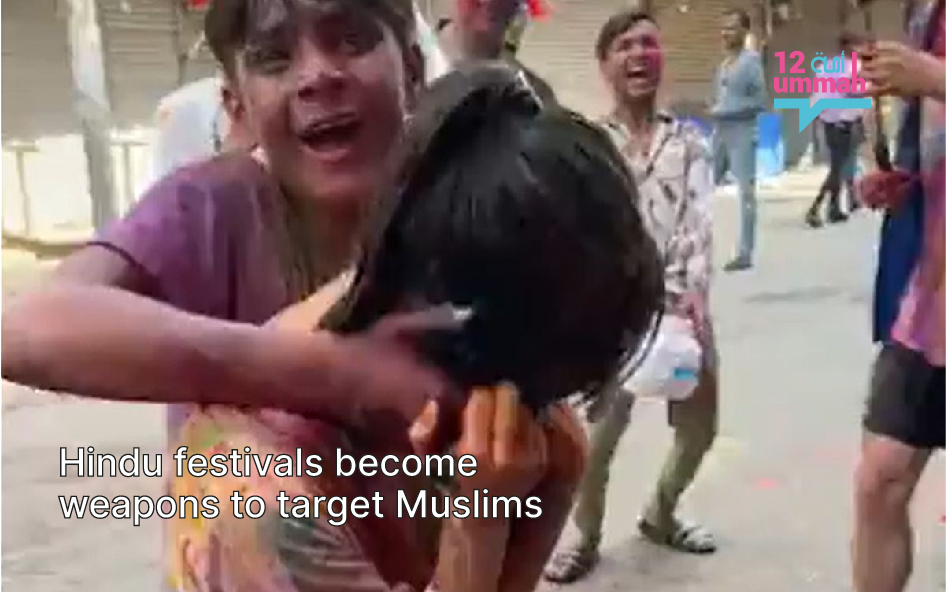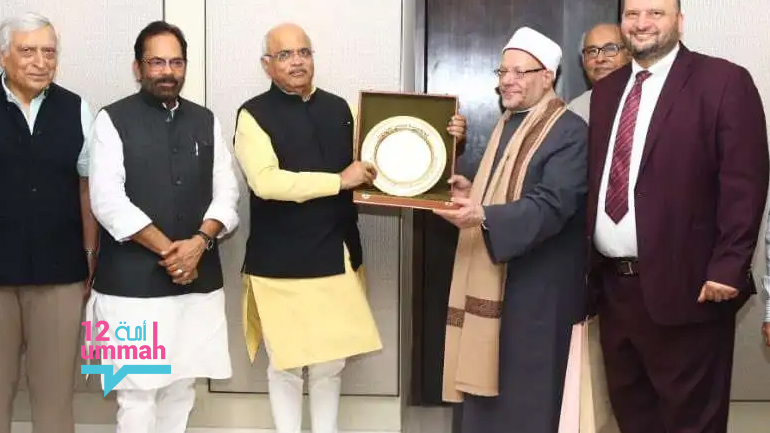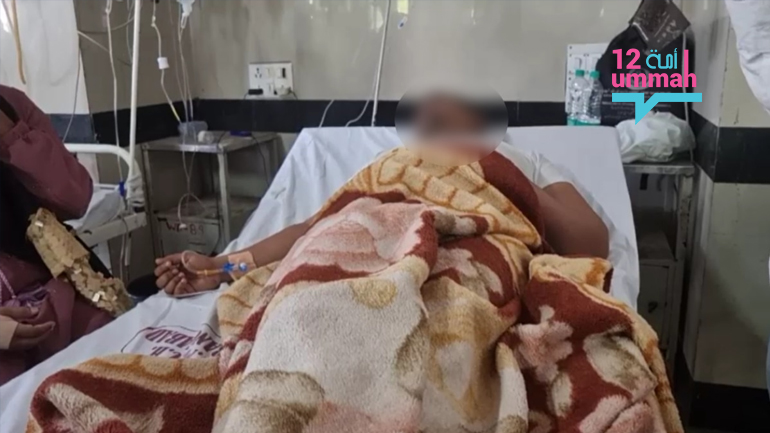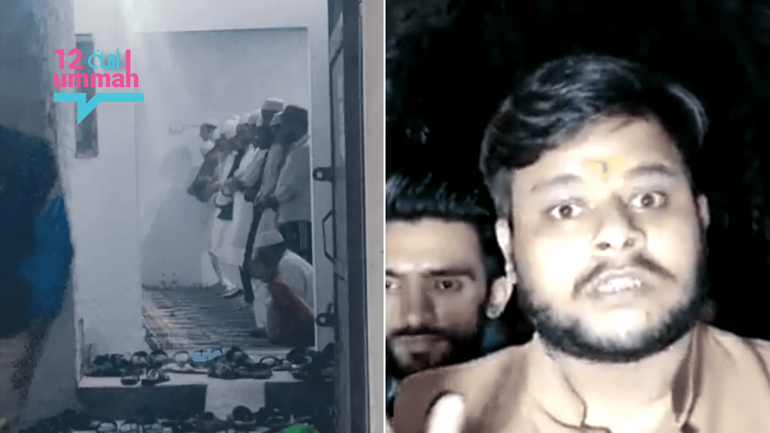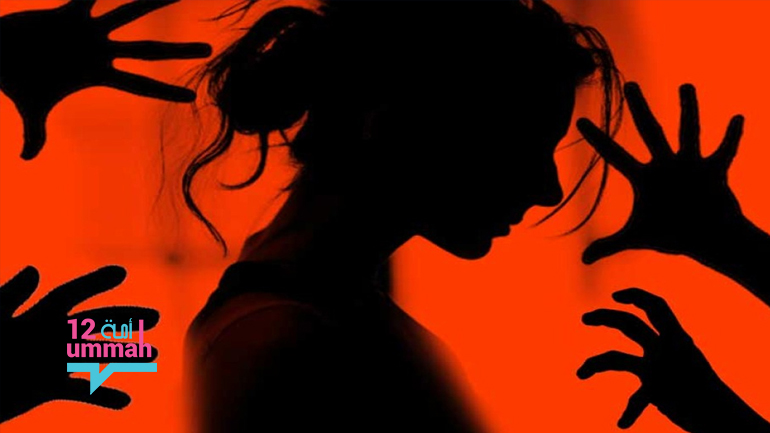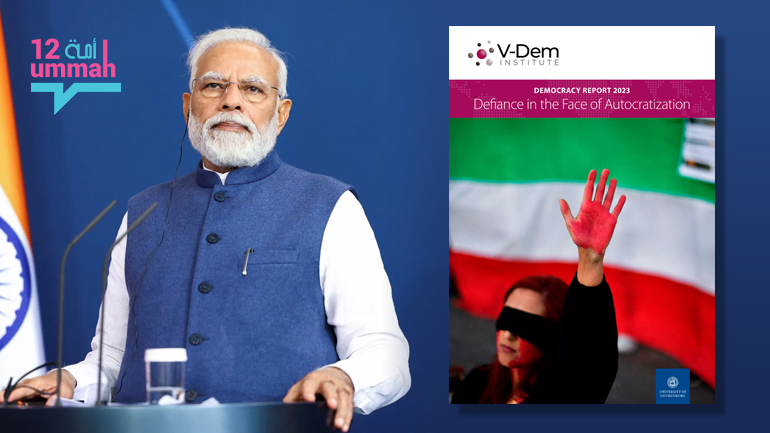HOME/TRENDS
As violence and threats grow, India’s Muslims fear the worst
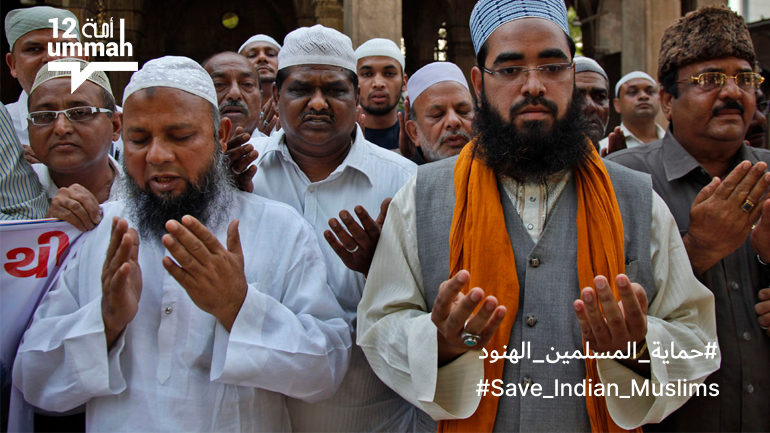
How does one talk of the disintegration of the world’s most populous democracy without surrendering to an exhausting pessimism? How does one remain objective about a story that involves one’s lived experience, persecution and humiliation? How does one write about their love for their nation when any attempt to highlight the fascism unleashed against their people is viewed as discrediting the nation on the global stage?
India — a country of nearly 1.4 billion considered by many around the world as an example of coexistence, pluralism and diversity — is engulfed in a fire of Hindu supremacy. The situation has become so fraught that Gregory Stanton, the founder and director of Genocide Watch, has warned India could be on the cusp of a genocide against Muslim citizens. Stanton predicted the massacre of the Tutsi community in Rwanda before it took place in 1994.
You might want to dismiss Stanton’s statement as an exaggeration or an alarmist view. Yet for those of us who are Indian minorities, this is a reality we live with each day.

In recent weeks, Muslim women in colleges in the southern state of Karnataka have been barred from wearing the hijab, and have been heckled and hounded by Hindu nationalists on the streets. Muslim villagers are being beaten for allegedly smuggling cows, which are sacred to the Hindu faith; one of the Muslim victims was subsequently arrested. And a Delhi court recently came down heavily on the Delhi police for enabling and supporting mobs while they carried out rioting near a mosque.
But where is the response from the international community? A world that is quick to express outrage over other dictatorships and demagogues is dragging its feet on calling out the decline of India into a majoritarian abyss.
British Prime Minister Boris Johnson visited India in April and was seen posing with a JCB digger — the type of machine that was used to demolish homes of poor Muslims in Delhi just days before.
That same month, in a meeting with the foreign minister of India on April 11, U.S. Secretary of State Antony Blinken stated that the Biden administration was monitoring human rights abuses in India. An official in the Biden administration told me that government officials “have to keep their strategic interest with India in mind, but they are watching the events in India with great concern and are making sure these concerns are communicated at every step.”
President Biden is meeting Prime Minister Narendra Modi in Japan later this month as part of the “Quad” summit (among the United States, Japan, Australia and India), to strengthen Indo-Pacific relations. Will Biden speak about the existential threat to Indian Muslims and voice a commitment to strengthening democratic values? Or do human rights abuses not evoke the interest of the world if the country is an important strategic ally?
As a journalist who has been documenting hate crimes, persecution and the othering of Muslims in India for more than a decade, I found these past five weeks during the holy month of Ramadan easily the toughest in memory.
We have seen men perched atop mosques with saffron flags; mobs chanting genocidal slogans against Muslims with swords in their hands; a Hindu priest addressing a crowd with threats to rape Muslim women. We have seen videos of people, including a member of the ruling Bharatiya Janata Party (BJP) and the head of a right-wing television channel, taking a pledge to convert India into a Hindu state.
Loudspeakers have been placed in temples near mosques by right-wing politicians to drown out the azaan (Muslim call to prayer) with Hindu prayers. Muslims who would wake up to the call for morning prayers must instead now deal with a numbing silence, as mosques stop broadcasting.
Just this month, a BJP state lawmaker implied that Muslims should be set ablaze, just like Hindus set demons on fire in their holy text. Hindu nationalists protested outside Delhi’s iconic Qutub Minar. They want it to be renamed for a Hindu god; a plea has also been submitted in the Allahabad High Court to open rooms and check for Hindu idols in the Taj Mahal, a symbol of love built by the Mughals. Are these examples enough to awaken the collective conscience of the world?
In all of this, where is the prime minister, and why has he not released a statement to maintain public harmony? Those who have observed Modi’s political career — especially as the chief minister of Gujarat in 2002, when more than 1,000 people, mostly Muslims, were butchered under his watch — will tell you that he maintained a similar silence through the hate speeches and crimes that led to one of the worst anti-Muslim pogroms in recent history. The United States barred Modi from entry after the violence; the ban was lifted amid his rise to become prime minister in 2014.
Today, India is experiencing an almost uncanny reenactment of the events and politics of Gujarat in 2002, emboldened by the diplomatic silence of the world. Indian Muslims fear the worst in the days to come.
Source: The Washington Post
NOTE: The views expressed here are those of the original authors and do not necessarily represent or reflect or endorsed by the management, committee, donors or other partners of 12ummah.com




.jpg)







